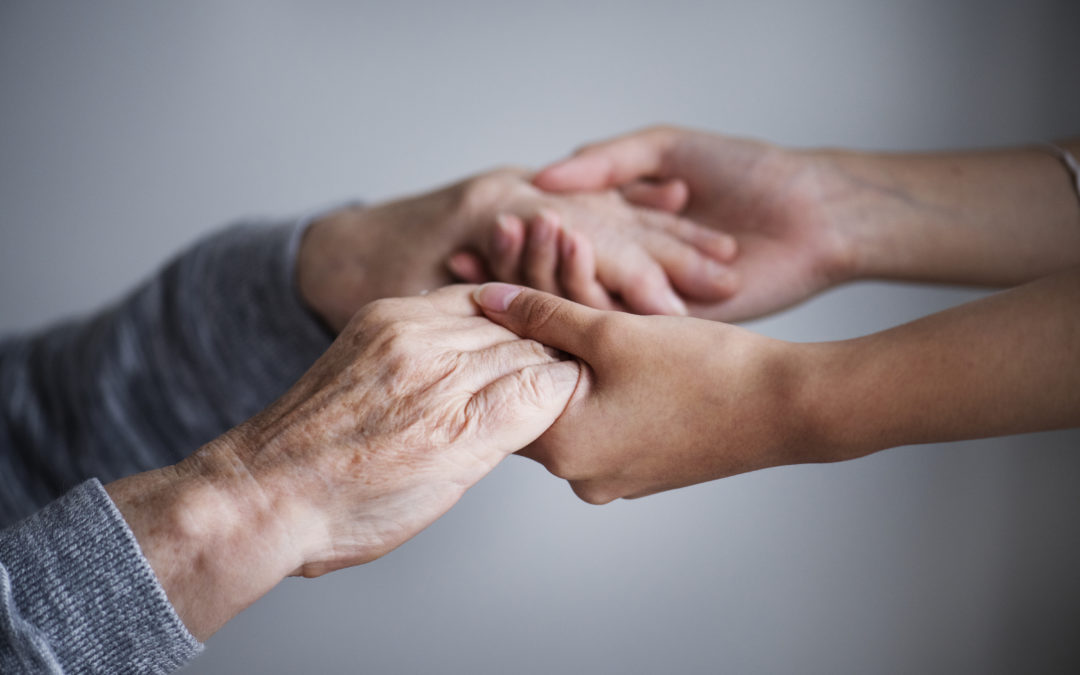
How to Legally Protect a Loved One with Dementia

When a loved one is diagnosed with dementia, you can make the news of a devastating diagnosis a little easier for them by taking steps to make sure certain several legal documents are put into place as soon as possible. An elder law attorney can help you put a plan into place to support you and your loved one every step of the way, including establishing a durable power of attorney, a living will, a medical power of attorney, and an estate plan. These legal documents for caregivers will give you peace of mind that you are fulfilling the wishes of your loved one as they navigate their diagnosis and disease.
Durable Power of Attorney
A durable power of attorney allows you to make financial decisions for your loved one when they are no longer able to advocate for themselves. Working with an elder law attorney and your loved one to establish yourself as an agent will allow you to make financial decisions, sell property, handle any financial accounts like IRAs or savings, and pay bills. Establishing power of attorney is an especially crucial step to take following a dementia diagnosis. If you fail to do so and need to take over financial responsibilities for your loved one down the road, you will have to pursue a guardianship or conservatorship through the court system, leading to expensive legal fees and unnecessary hearings.
Estate Plan
In addition to establishing power of attorney to make sure their financial responsibilities are handled, your loved one may want to establish an estate plan for their assets and investments at the time of their dementia diagnosis. Your loved one and an elder law attorney can discuss any specific plans or intentions they have for their assets to make sure their investments and income are protected. An important legal document for caregivers, an estate plan provides you with a clear directive of your loved one’s wishes and them with a sense of control over their assets.
Living Will or Advanced Health Care Directive
Eventually your loved one will reach a point where they are no longer able to make health care decisions for themselves. Before that happens, you and your loved one should have a discussion about potential medical issues that might arise and what choices they would like to make for treatment. Legal documents for caregivers like a living will are legally binding and make it easier for you and them to feel confident that their wishes will be respected during more advanced stages of their disease. The living will should also include the name of the person who will become your loved one’s medical power of attorney. An elder law attorney can help you draft this document and make certain that your loved one’s voice is heard.
At Miller Estate & Elder Law, we have many years of experience helping people care for their loved ones—while protecting their hard-earned savings. Contact us today and start putting your family first, or download our free guide: Caring for Aging Parents: The ABCs of Long-Term Care Planning by filling in the brief form below.







